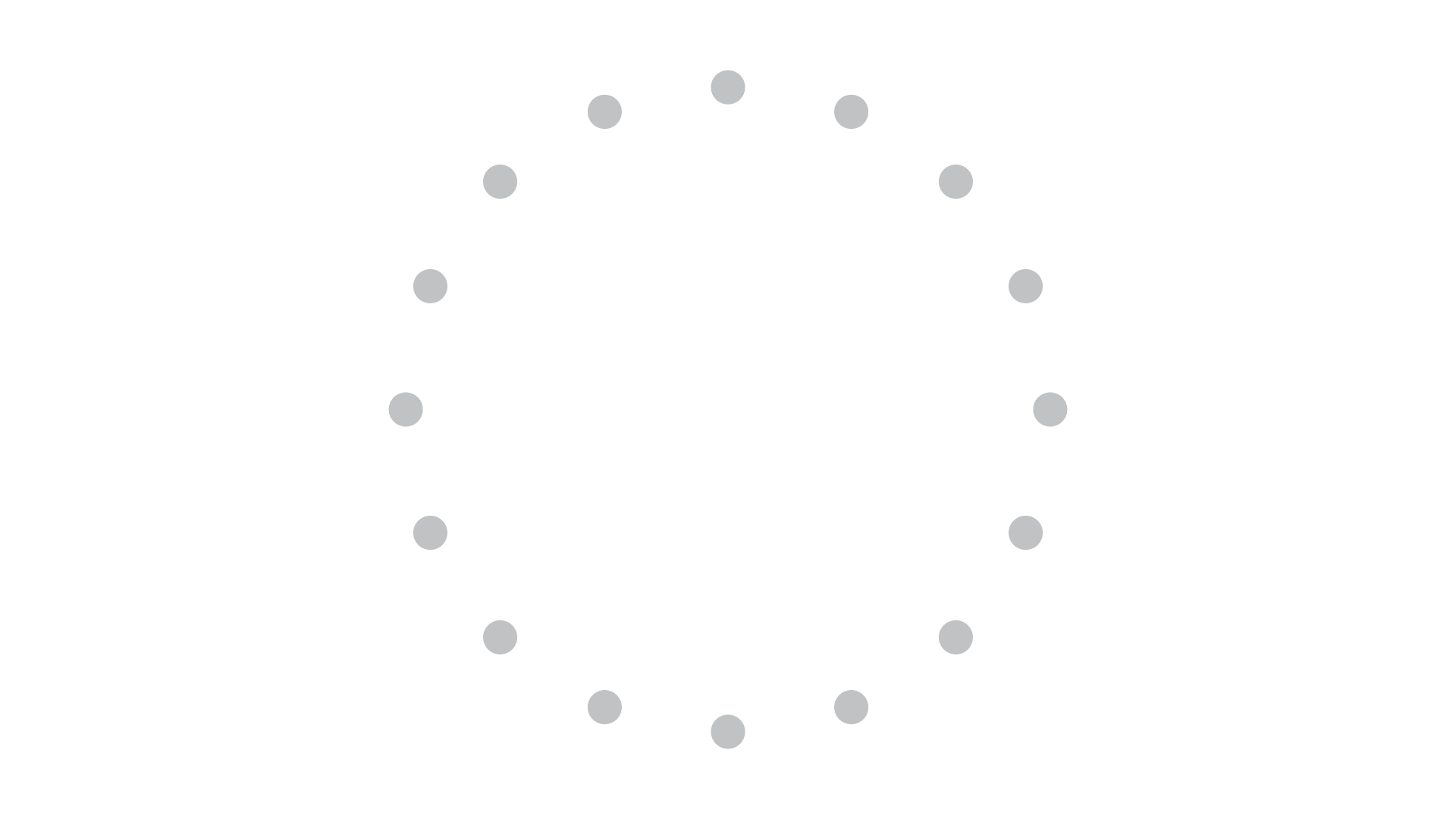
Practitioners of Purpose™
The Dandelion Philosophy is embarking on a mission to grow, empower, and mentor thousands of people worldwide, and what better way to start than by harnessing the power of a group of global volunteers aligned with our mission.
History of The Dandelion Philosophy
Founded in 2020, The Dandelion Philosophy’s work is fuelled by science and proven business strategy. We are committed to action through innovation.
Recent Articles
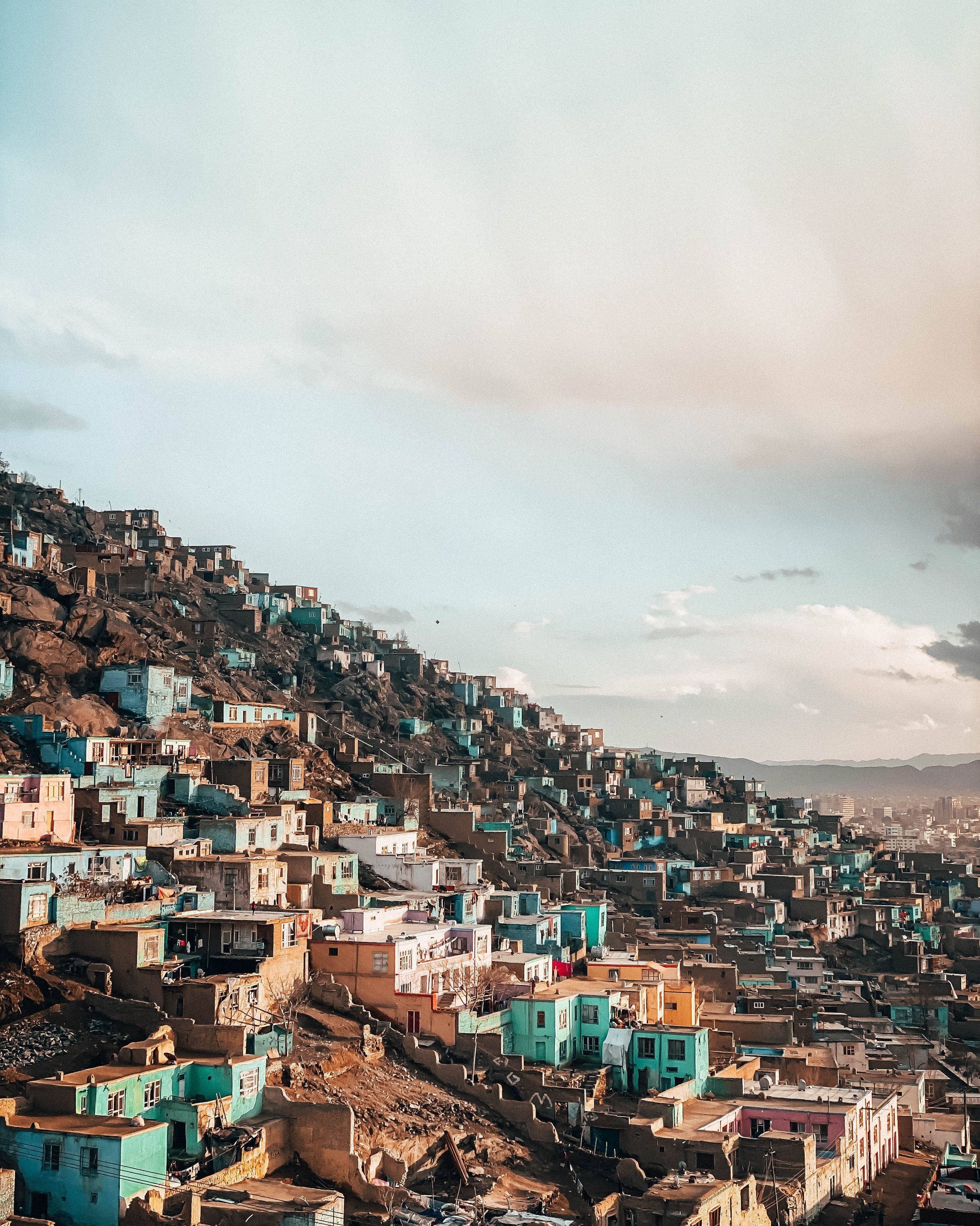
About Us.
The Dandelion Philosophy is a socially-conscious, global enterprise, run by a team of highly diverse, passion-fuelled, & purpose-driven leaders from around the world. We recognise that hunger is a symptom of poverty and a barrier to progress. Our work is driven by a desire to create lasting, positive change across the globe.
We firmly believe in the power of intention. We understood the vision we wanted The Dandelion Philosophy to represent and it was not to be another charity. The world does not need more charity, it needs understanding, alignment, and intentional collaboration.
“Kindness is not what we do, it is everything we are”.
Everything The Dandelion Philosophy does starts with the understanding that once we have fed a hungry person, we can begin the dialogue with them about change, and healing the harmful influences that have shaped their experience of the world for too long.




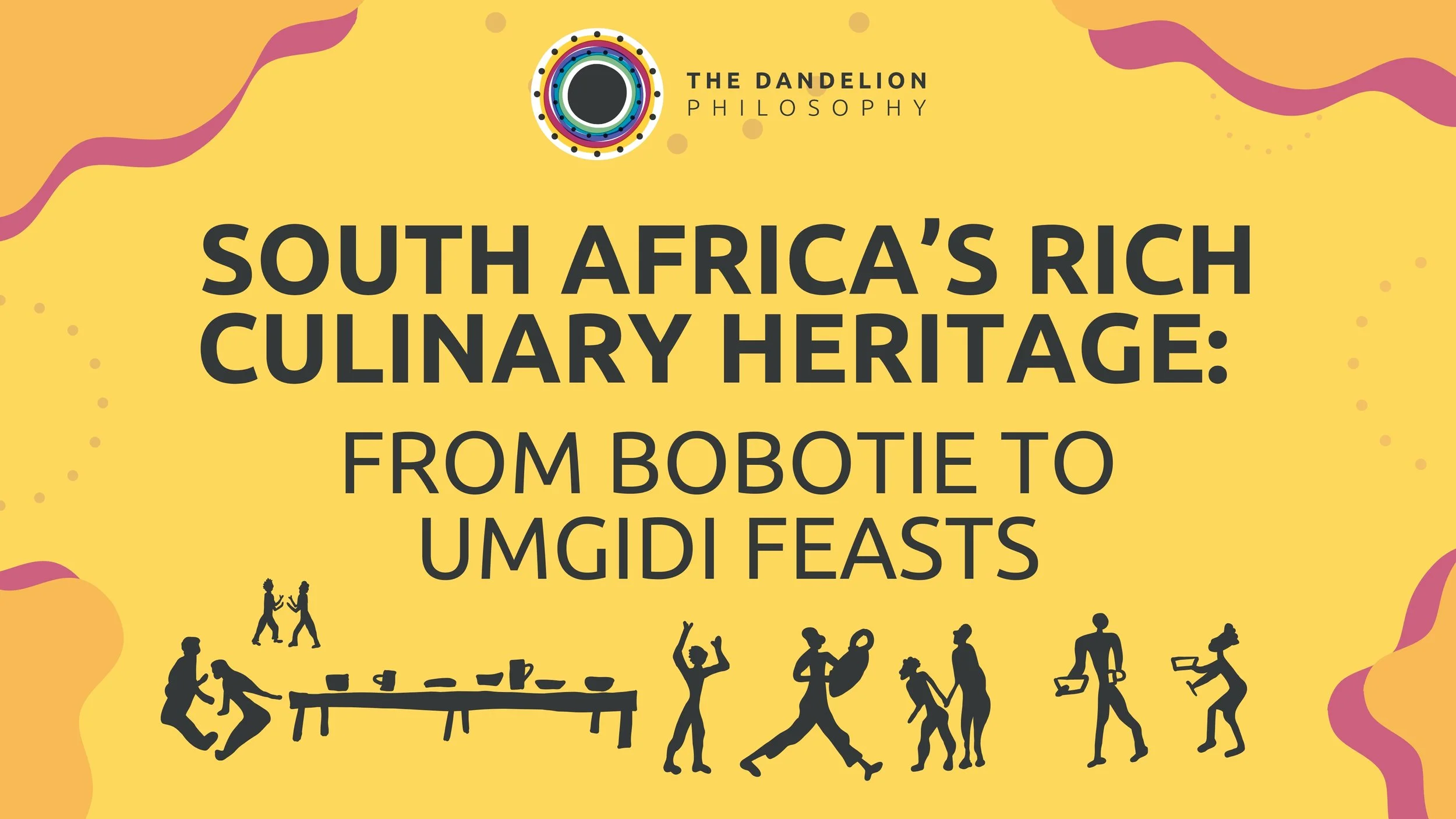





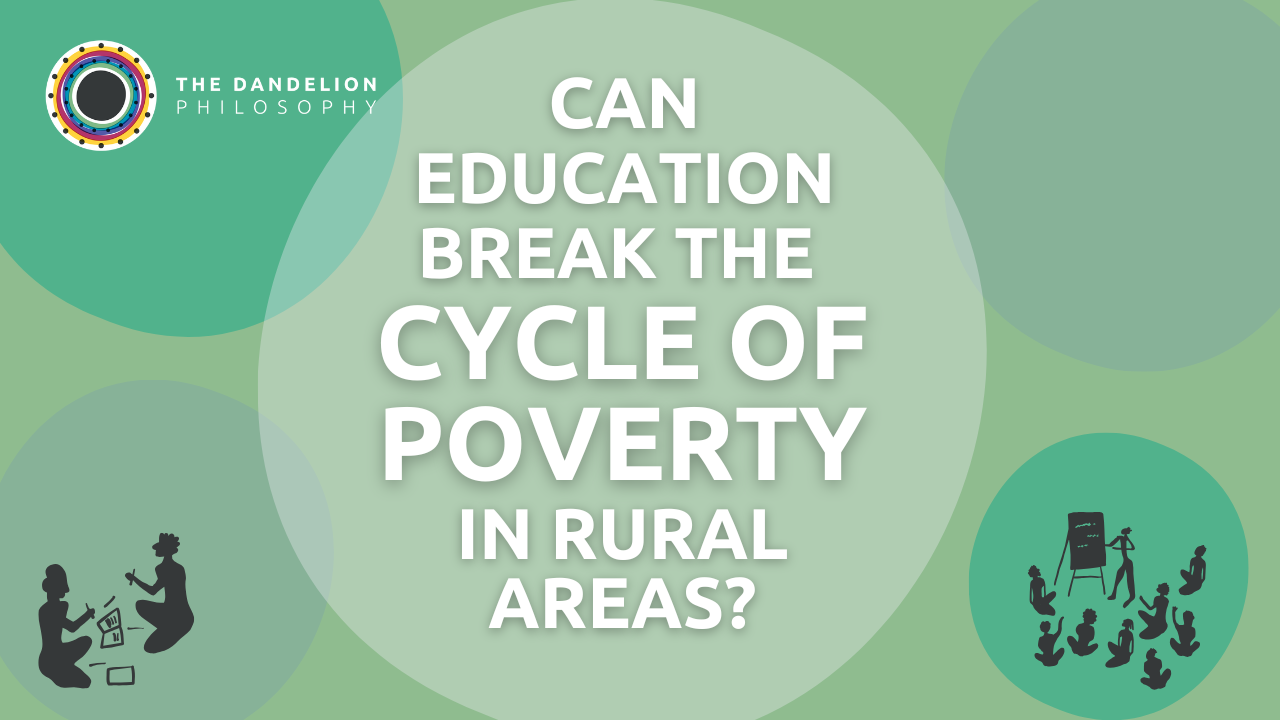





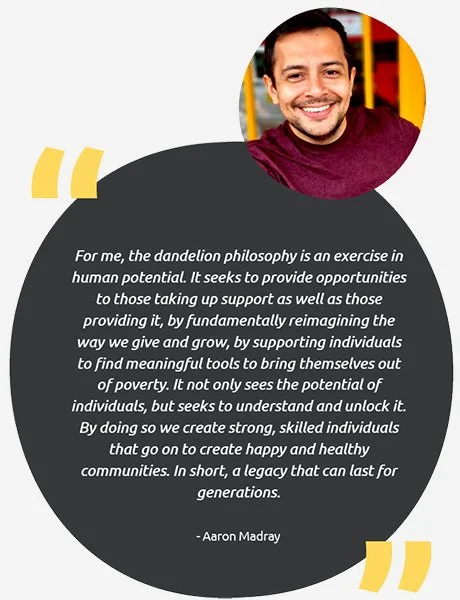
The World Bank recognises South Africa as one of the most economically unequal countries in the world. But this vast divide didn’t happen overnight or by accident. It’s the result of a long, painful history built on centuries of structural injustice, beginning with colonialism and firmly entrenched by apartheid. Since apartheid ended in 1994, the gap between the rich and the poor has only expanded. This inequality is closely linked to racial divisions created by historic systems of racial hierarchy. Under apartheid, power was concentrated in the hands of a white minority who deliberately denied economic opportunities to the Black majority.